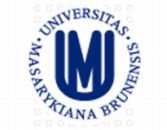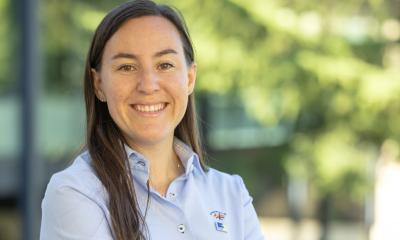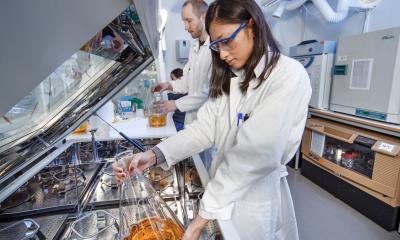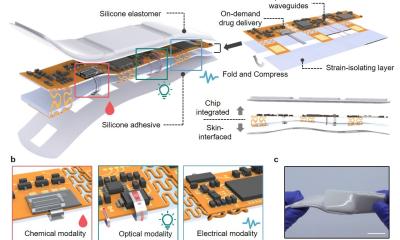Computer programme aims to personalise medicine
Rostislav Kuklik reports from the Czech Republic
A computer programme under development at the National Centre for Biomolecular Research at Masaryk University, in Brno, by Jiri Damborsky MD and a team of scientists, could become the first step towards personalised medicine.

Although working for two years with a team at the Mayo Clinic in the USA, the Brno researchers have been developing their programme in a slightly different format. Currently, it can design proteins and forecast their biological behaviour in living organisms (simulated in vivo environment). The Mayo specialists concept was that the programme should be able to ‘tailor’ a treatment for a specific patient after the data describing a patient’s own genetic sequence is entered in the programme interface. The computer then should be able to determine how that patient’s unique polypeptides will react to the administration of a wide spectrum of medications used to treat the given condition, disorder, or disease.
The programme’s core function is now designed to forecast the mutual interactions of proteins, which becomes a real corner-stone of the whole operation, because different sequences of nucleotides encode different genes (and different proteins) in each patient.
The software is to be re-written and tested so that it can be fully applied in clinical trials.
The Czech research team includes two informatics specialists, one molecular biologist, and (starting this year) a student from Kapitan Jaros grammar school, who has been invited to participate in the development of the final software version.
Co-operation with the US team began early last year when, following an invitation from Dr Tomas Kara, leader of the ICRC (International Clinical Research Centre) project in Brno, Professor Eric Wieben, of the Mayo Clinic visited the Brno-based research facility at Masaryk University. This co-operation is expected to produce very promising results, as American physicians possess extensive knowledge as well as the technology/laboratory equipment and the financial resources necessary to analyse patient’s genetic information, and input the data into the computerised system. Czech scientists can contribute significant expertise and experience in bioinformatics, and chemistry of polypeptides.
Source: www.muni.cz, http://loschmidt.chemi.muni.cz
01.04.2008





